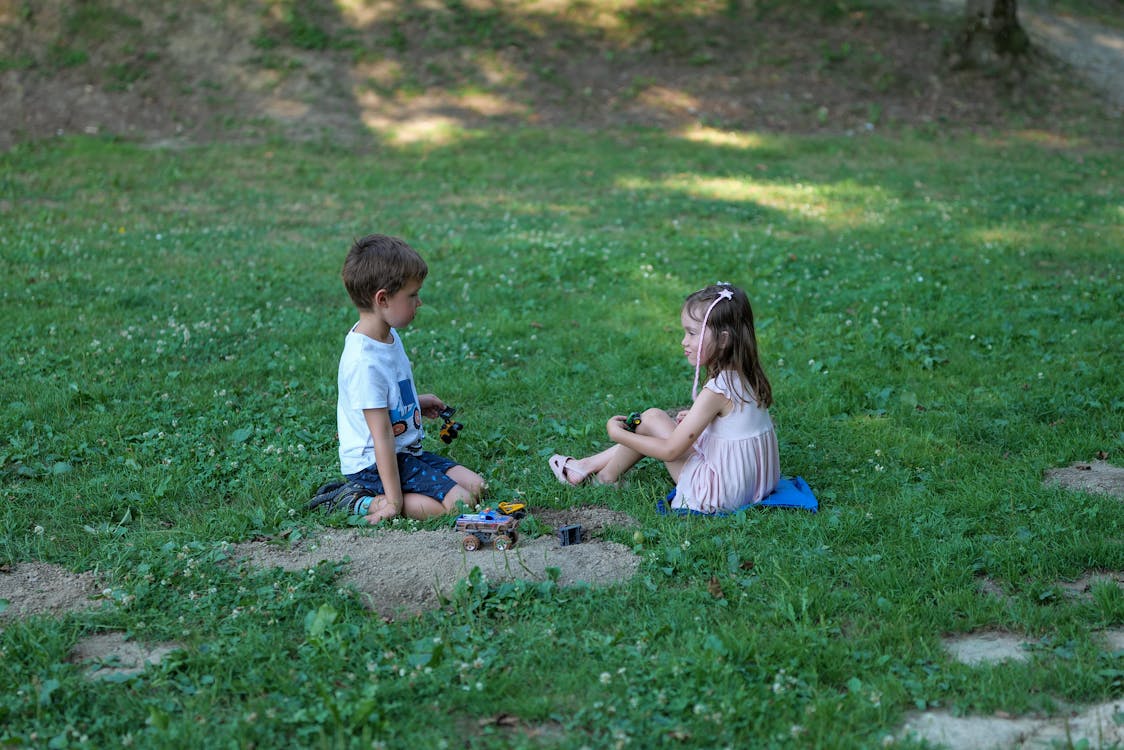
Building Social Skills: Helping Your Pre-K Child Make Friends
Social skills are essential for a child’s development, and they begin to form in the early years. Helping your pre-K child develop strong social skills will set them up for success in school and life. Here are some tips to help your child make friends and build positive relationships.
Start Building Social Skills Early
It’s never too early to start teaching your child social skills. Even before they start pre-K, you can practice simple skills like sharing, taking turns, and saying please and thank you.
Encourage Playdates
Playdates are an excellent way for children to learn how to interact with their peers. Arrange playdates with other children in your neighborhood or from your child’s daycare or preschool.
Model Good Behavior
Children learn by watching adults. Ensure you are modeling positive social behaviors, such as being kind, considerate, and respectful.
Teach Sharing to Develop Social Skills
Get your child used to sharing early on while teaching boundaries in the process. Practice sharing toys and snacks with your child, and encourage them to share with their friends.
Help Your Child Express Emotions
Children need to be able to express their emotions in a healthy way. Help your child identify and label their emotions, and teach them how to communicate their feelings appropriately.
Encourage Cooperation
Play games that require cooperation, such as building a tower together or working on a puzzle.
Be Patient as Your Child Learns Social Skills
Like most things you’ll teach your child, this will take time. Be patient with your child and offer positive reinforcement when they demonstrate good social behavior.
Join a Group or Class
Enrolling your child in a group or class can help them meet new people and develop social skills. Consider joining a playgroup, a music class, or a sports team.
Role-Playing
Role-playing can help children practice social skills in a safe and fun environment. Act out different social situations, such as sharing a toy or resolving a conflict.
Encourage Empathy
Empathy is the ability to understand and share the feelings of others. Encourage your child to think about how others might feel and teach them to be kind and compassionate.
Set Limits and Expectations
Setting clear limits and expectations for your child’s behavior is important. This guidance will help them understand what is acceptable and what is not.
Celebrate Success
When your child demonstrates good social behavior, celebrate their success. This will encourage them to continue practicing these skills.
Building social skills takes time and effort but is a worthwhile investment in your child’s future. Following these tips can help your pre-K child develop strong social skills that will benefit them throughout life.
Remember, every child is different, and what works for one child may not work for another. Be patient and flexible, and adjust your approach as needed.
For more information like this, please visit AMC blogs.
By: Melissa A. Kay
